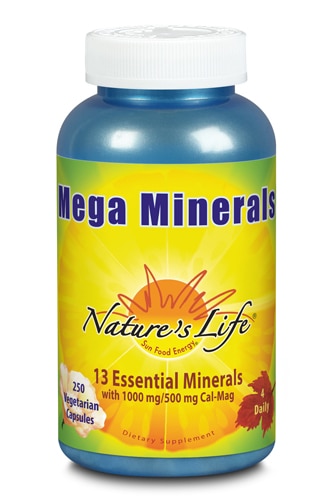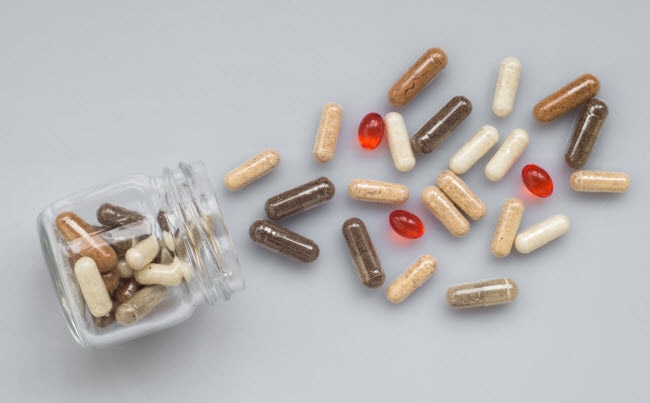Although vitamins tend to edge minerals out of the spotlight, minerals are just as essential for health. Your body can’t create minerals on its own, so you need to get them from your diet. Some minerals are required in large amounts, while others necessitate minute, trace doses.
Nutritionists and scientists are spearheading the resurgent interest in minerals. The seven macrominerals–calcium, chloride, magnesium, phosphorus, potassium, sodium and sulphur–in addition to a longer list of nine essential trace minerals, keep your body functioning optimally.
Trace minerals are needed only in minute amounts, but their absence results in many disease conditions. Along with familiar trace minerals, such as iron and iodine, the body also needs others less well known, such as selenium and molybdenum.
Here are a few of the most important minerals you need to support your health—they also tend to be commonly deficient in the American diet.
Major minerals
Calcium
What it does: Fundamental for healthy bones and teeth, nerve functioning, muscle contraction and relaxation, blood clotting and hormone regulation.
Where it’s found: Dairy foods, canned fish with bones, fortified tofu and soy milk, and greens
Signs you need more: Muscle cramping and aches with minimum exertion. In childhood, calcium deficiency can cause soft bones and bow-leggedness.
Chromium
What it does: Can help manage diabetes, vital to the function of insulin, a hormone that regulates blood sugar levels.
Where it’s found: Brewer’s yeast is one of the best sources but it’s also found in meat, whole grains, potatoes, broccoli, green beans, tomatoes, grape juice, oranges, nuts and eggs. Foods high in sugar enhance chromium excretion, detracting from your chromium baseline.
Signs you need more: Problems regulating blood sugar levels.
Magnesium
What it does: Needed for making protein, metabolizing carbs and fats, maintaining a normal heart rhythm, muscle contraction, nerve transmission and immune system health.
Where it’s found: leafy greens, nuts and seeds, beans, avocados, brown rice and chocolate.
Signs you need more: Insulin resistance, menstrual and leg cramps, migraines, fatigue and anxiety.
Trace minerals:
Iodine
What it does: Produces thyroid hormones that are critical for metabolism and growth.
Where it’s found: Seaweed is one of the best sources, along with shellfish, dairy and eggs.
Signs you need more: Dry skin, poor memory, weak muscles and constipation
Iron
What it does: Essential part of blood (hemoglobin) that carries oxygen throughout the body.
Where it’s found: Organ meats, red meats, fish, poultry, shellfish (especially clams), egg yolks, legumes, dried fruits, dark, leafy greens, iron-enriched breads and cereals.
Signs you need more: Fatigue, muscle weakness, heart palpitations and inability to maintain body warmth.
Zinc
What it does: Needed for making protein and aiding the expression of genetic material, fetal development, immune response, sperm production, wound healing and acuity of the senses.
Where it’s found: Meats, fish, poultry, leavened whole grains, vegetables
Signs you need more: Altered sense of smell and taste, impotence, weight and hair loss and slow healing of wounds
†These statements have not been approved by the Food and Drug Administration. These products are not intended to diagnose, treat, cure or prevent disease.




